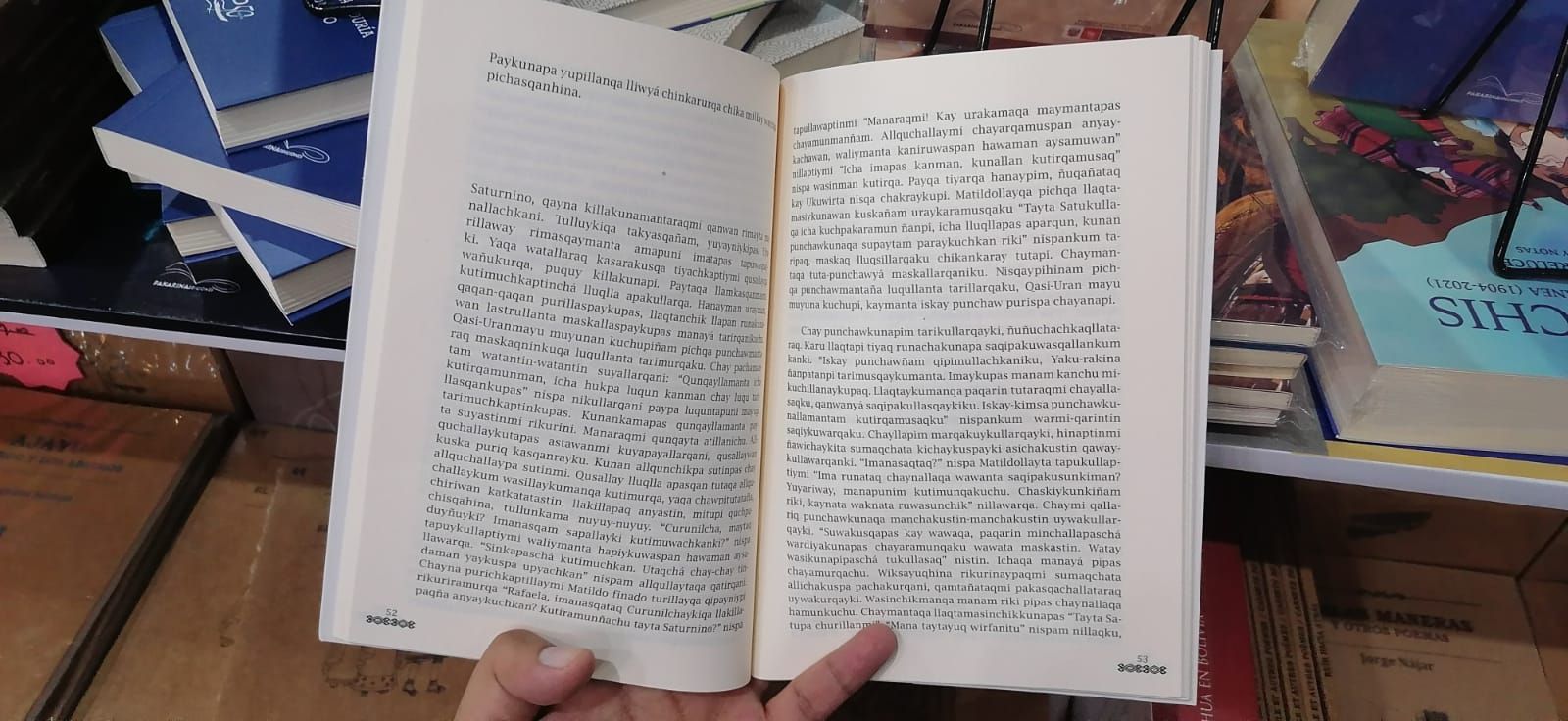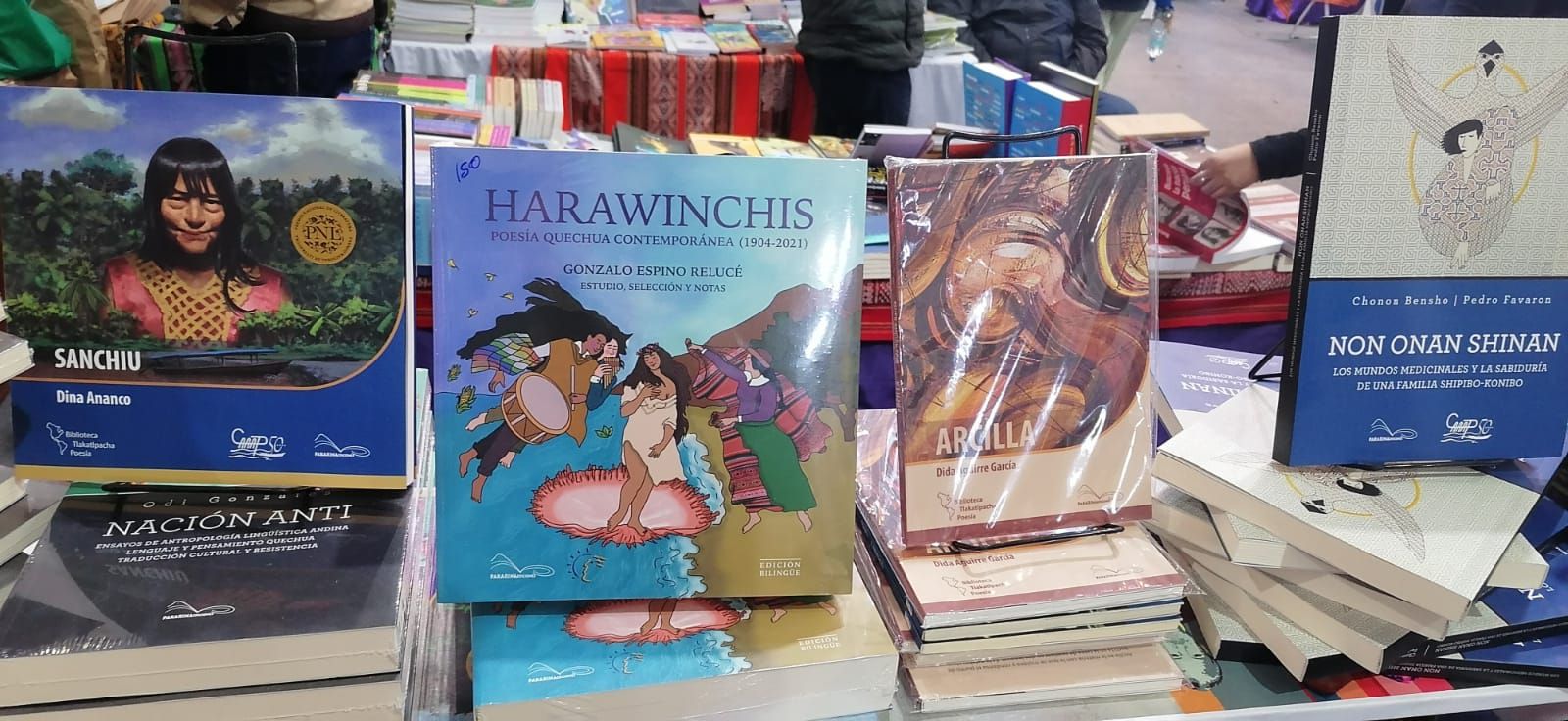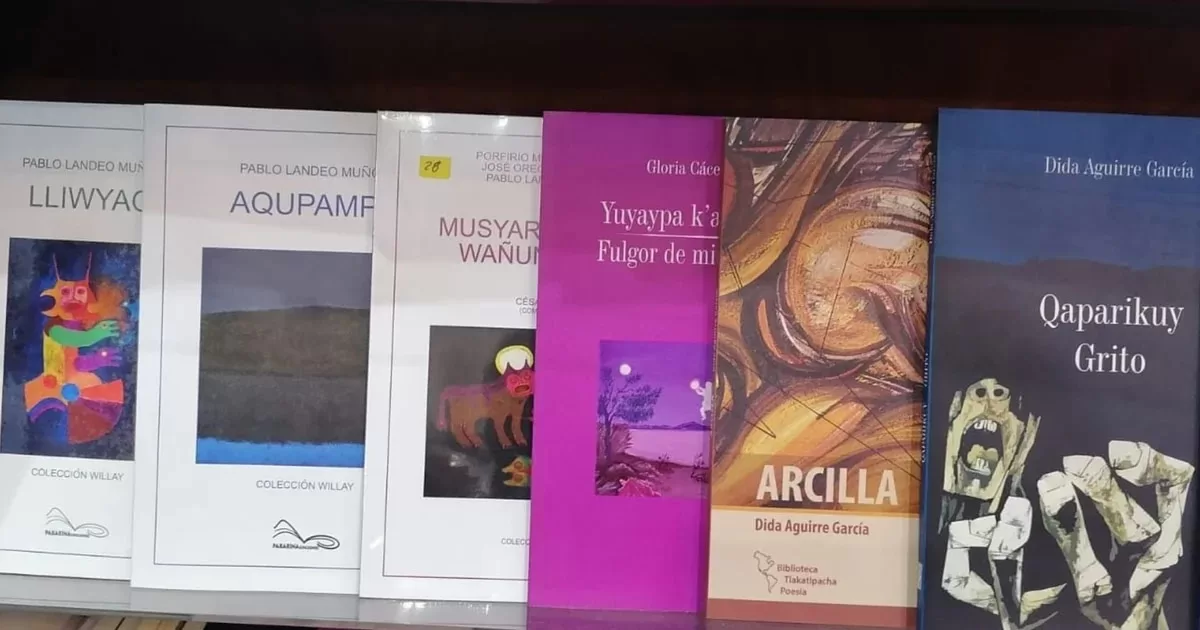It may interest you: Carlos Yushimito returns to the literary scene after a decade of editorial silence
“(Indigenous) literature has always been present, it has never ceased to exist. It is related to any cultural process. What happens is that it is not a canonical literature in the time of Mariátegui”, comments the editor to Infobae Peru.

It may interest you: FIL Lima 2023: lovers of Asian culture will be able to participate in K-pop and cosplay events
“The development of the Quechua narrative agrees with the unusual authority that the national language acquires, not only because it becomes official (1975), but because it goes from what was despised to something that we can call sympathy. In other words, it is part of the transformation of the national imaginary that accepts to live with the original language (…)”, maintains the author.

It may interest you: Father of mechanic Boris, who disappeared at sea in Huanchaco: “As long as I don’t see my son, I won’t leave here”




